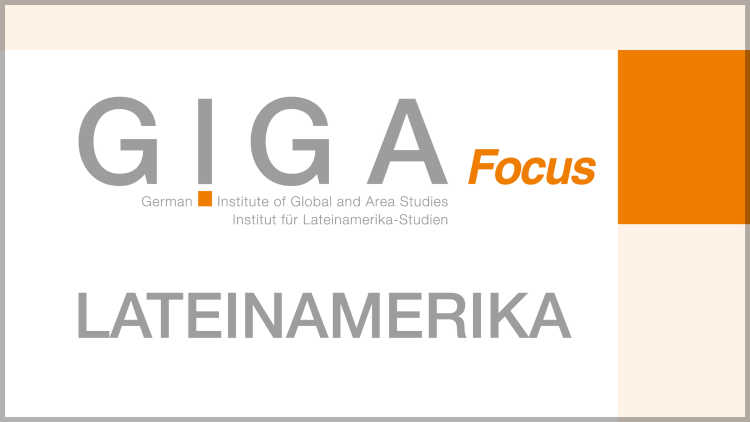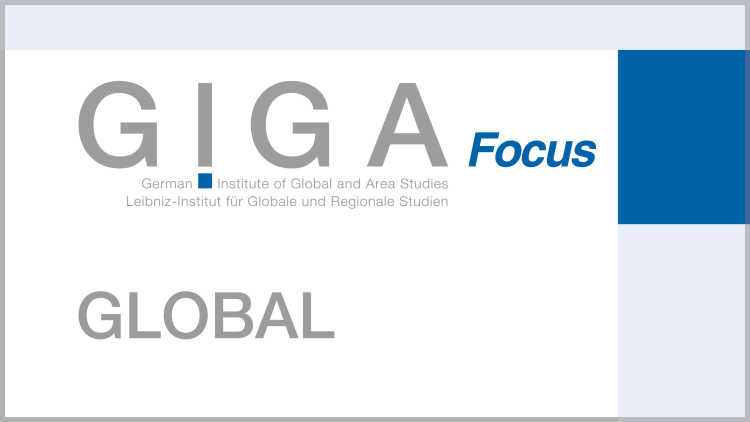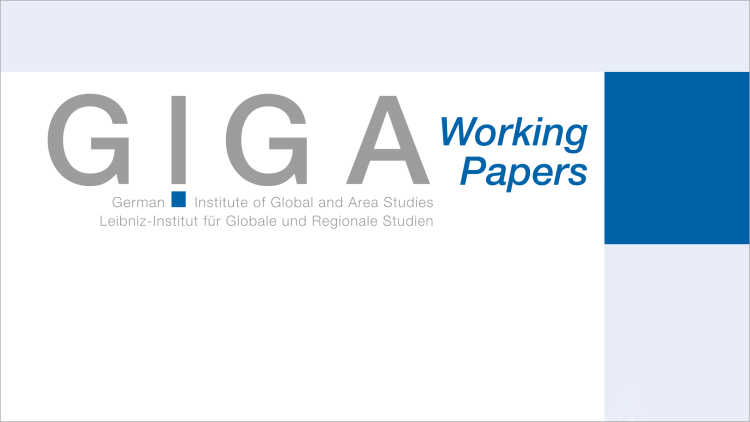- Startseite
- Publikationen
- GIGA Focus
- Blocked Democracies in Central America
GIGA Focus International Edition English
Blocked Democracies in Central America
Nummer 5 | 2011 | ISSN: 2196-3940
The elections of 6 November 2011 have further damaged Central American democracy. Otto Pérez Molina, a right-wing conservative former general, was elected president of Guatemala with 54 percent of all votes cast. On the same day, Daniel Ortega was confirmed for a third term as president of Nicaragua in office with 62 percent. Both elections emphasize the growing trend of authoritarian rule in Central America.
Analysis
The shortcomings within the Central American transformation towards democracy, the establishment of the rule of law, and a policy of social development are clearly not of a transient nature, as they have become more and more prominent. These shortcomings prevent the rooting of democracy in society that is necessary for its consolidation.
After two decades of political transformation, neither social injustice nor poverty have been reduced in Central America. Dealing with these historically ingrained problems, however, is necessary to politically strengthen and legitimize democracy.
The political minimum consensus is increasingly under threat. The supposedly leftwing parties demand a government policy of active intervention by establishing welfare programs; however, they attempt to put their policies into practice at the cost of the existing legal framework.
The political right, on the other hand, insists that formally democratic procedures must be adhered to, but suggests that social injustice and political disintegration can be overcome only with a completely free market and a security policy best described as an "iron fist" approach.
At the same time, both camps try to mobilize their supporters not with policydriven programs that aim to solve these critical issues, but with populist slogans and loyalty towards certain individuals. The result is a political blockade that prevents the deepening and consolidation of democratization.
Fußnoten
Forschungsprojekt
Regionalinstitute
Forschungsschwerpunkte
Wie man diesen Artikel zitiert
Argueta, Otto, Sebastian Huhn, Sabine Kurtenbach, und Peter Peetz (2011), Blocked Democracies in Central America, GIGA Focus International Edition English, 5, Hamburg: German Institute for Global and Area Studies (GIGA), http://nbn-resolving.de/urn:nbn:de:0168-ssoar-289026
Impressum
Der GIGA Focus ist eine Open-Access-Publikation. Sie kann kostenfrei im Internet gelesen und heruntergeladen werden unter www.giga-hamburg.de/de/publikationen/giga-focus und darf gemäß den Bedingungen der Creative-Commons-Lizenz Attribution-No Derivative Works 3.0 frei vervielfältigt, verbreitet und öffentlich zugänglich gemacht werden. Dies umfasst insbesondere: korrekte Angabe der Erstveröffentlichung als GIGA Focus, keine Bearbeitung oder Kürzung.
Das German Institute for Global and Area Studies (GIGA) – Leibniz-Institut für Globale und Regionale Studien in Hamburg gibt Focus-Reihen zu Afrika, Asien, Lateinamerika, Nahost und zu globalen Fragen heraus. Der GIGA Focus wird vom GIGA redaktionell gestaltet. Die vertretenen Auffassungen stellen die der Autorinnen und Autoren und nicht unbedingt die des Instituts dar. Die Verfassenden sind für den Inhalt ihrer Beiträge verantwortlich. Irrtümer und Auslassungen bleiben vorbehalten. Das GIGA und die Autorinnen und Autoren haften nicht für Richtigkeit und Vollständigkeit oder für Konsequenzen, die sich aus der Nutzung der bereitgestellten Informationen ergeben.







